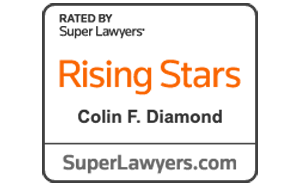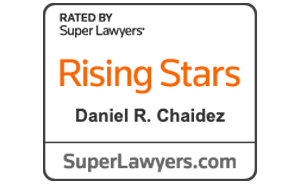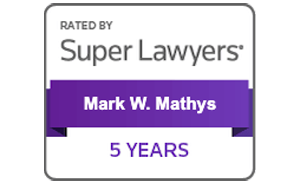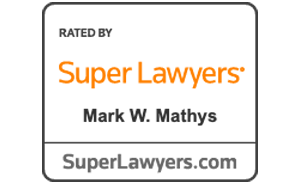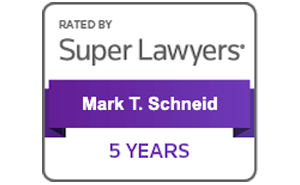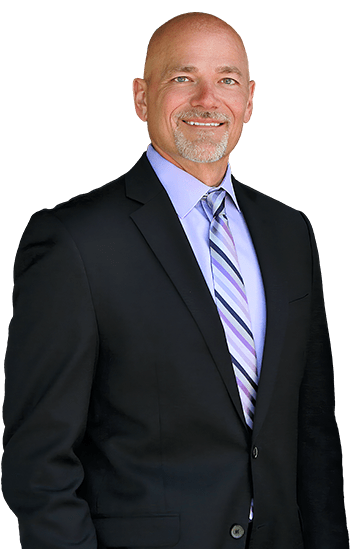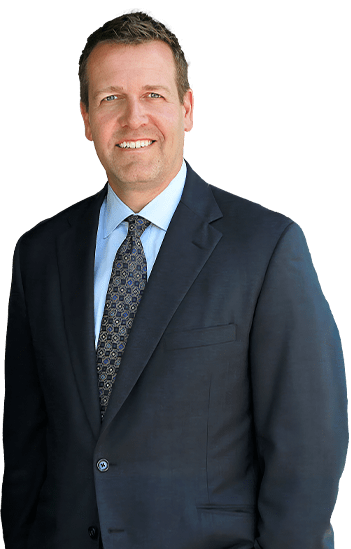Over $150 Million Recovered.
75-Plus Years Of Combined Experience.



Proven Results
Experienced Illinois Personal Injury Attorneys
Have you been injured in an accident? Are you confused about what to do next? The legal team at Mathys & Schneid Personal Injury Lawyers can help. We are a premier injury law firm in Illinois. Our team of attorneys has more than 75 years of combined legal experience and has recovered over $150,000,000 for accident victims in Illinois.
Our compassionate legal team will help you understand your rights and options after your injury. We’ll fight for you and protect you from aggressive insurance companies who would rather bully you into a lowball settlement than pay the fair value of your claim.
Contact us today to schedule your free, no-pressure consultation with a Naperville personal injury lawyer. We work on contingency, which means we will only charge attorney fees if we recover compensation for your claim.
At Mathys & Schneid Personal Injury Lawyers, You’ll Never Feel Like Just Another Case
It may feel like you are just another claim to the insurance company. The insurance company will use its vast resources to devalue or, if possible, deny your claim. They will employ adjusters, attorneys and other staff as they scrutinize your case.
You may worry that your attorney will see you as just another client. Some law firms treat their clients like case numbers and pass them off to brand-new attorneys with no experience.
Not at Mathys & Schneid Personal Injury Lawyers. At our law firm, your case is all that matters.
That’s not just lip service. We give considerable personal attention to each client. A partner works on every one of our cases, so each case receives the experience and direction it deserves. We will provide you with access to your own winning resources, including attorneys, paralegals and even expert witnesses if necessary. We’ll use our extensive skills and experience to help you hold the insurers responsible for your damages.
Our attorneys can help you track your damages and calculate the value of your claim. We can even consult financial experts for help. Our goal is to maximize the value of your claim and leave nothing on the table. We’ll take on the legal work while you focus on healing.
Contact us today to schedule a free consultation to discuss your claim.
Recognized Among The Top Lawyers In Illinois

Experienced Attorneys With A Proven Track Record Of Success
Mathys & Schneid Personal Injury Lawyers has recovered over $150,000,000 for accident victims throughout Illinois. Our success has been recognized by some of the top rating services in the U.S.
Our attorneys have been recognized by:
- Super Lawyers – “Illinois Super Lawyers”
- Million Dollar Advocates Forum
- Multi-Million Dollar Advocates Forum
- America’s Top 100 Attorneys – Top 100 Attorneys in Illinois
- Expertise.com – “Best Car Accident Lawyers in Naperville”
- Avvo – “Superb” rating
- Google – 5.0-star rating
While we are proud to earn such noteworthy professional distinctions, we are even more proud of what they represent — that we repeatedly achieve favorable results for our clients.
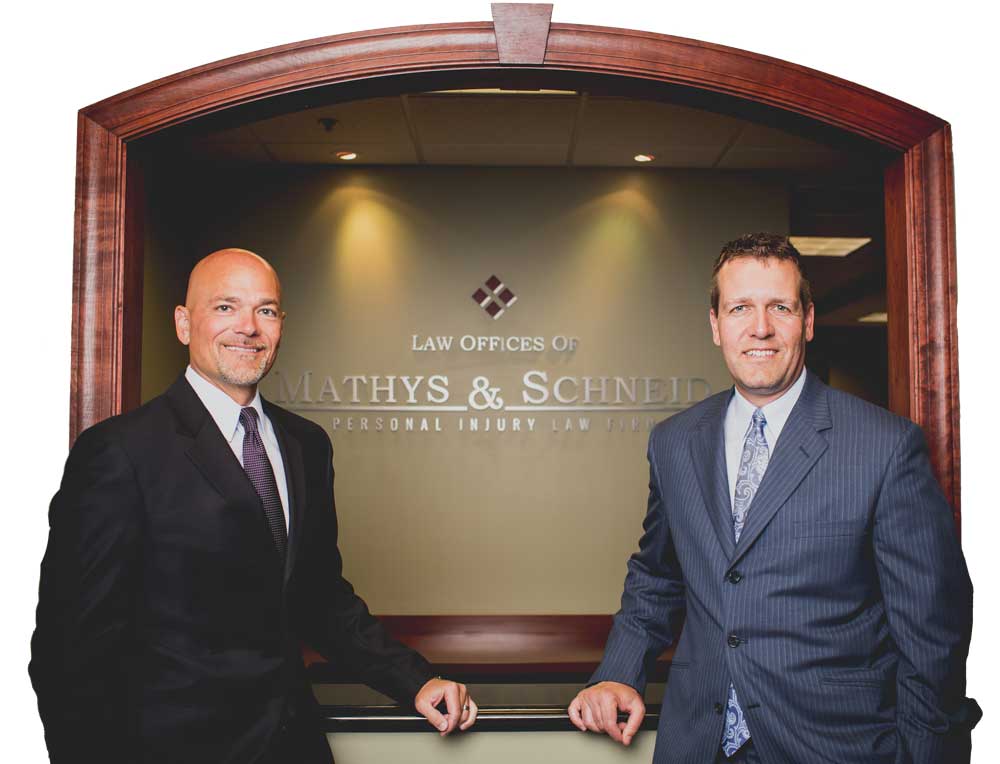
Here When You Need Us
With over 75 years of combined experience in personal injury law, we understand that times can be tough after an accident. You may have unexpected medical bills. To make matters worse, you may be losing income due to missed work during your recovery and wonder whether you can afford an attorney.
The good news is that you can.
At Mathys & Schneid Personal Injury Lawyers, we offer free initial consultations to all prospective clients. Moreover, we offer contingency fee arrangements to all clients. We will only charge attorney fees if we recover a verdict or settlement in your case.
Contact our law firm in Illinois today to get started on your case. Call 630-848-9294 or fill out our online contact form.
Meet Our Attorneys

Colin F. Diamond
ASSOCIATE ATTORNEY
Mark W. Mathys
FOUNDING PARTNER
Mark T. Schneid
FOUNDING PARTNER
Daniel R. Chaidez
ASSOCIATE ATTORNEY















